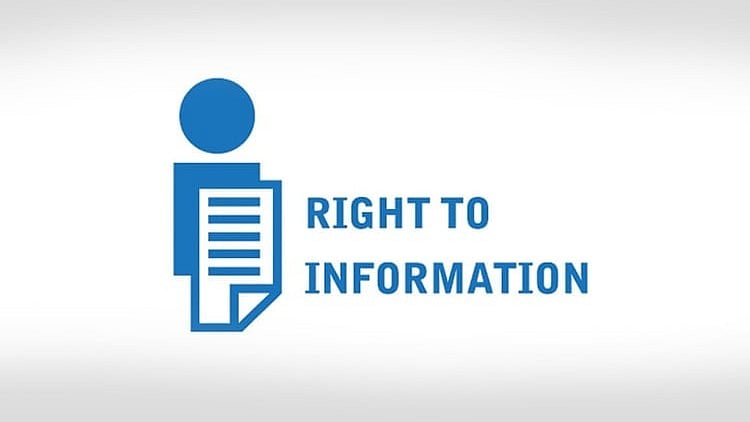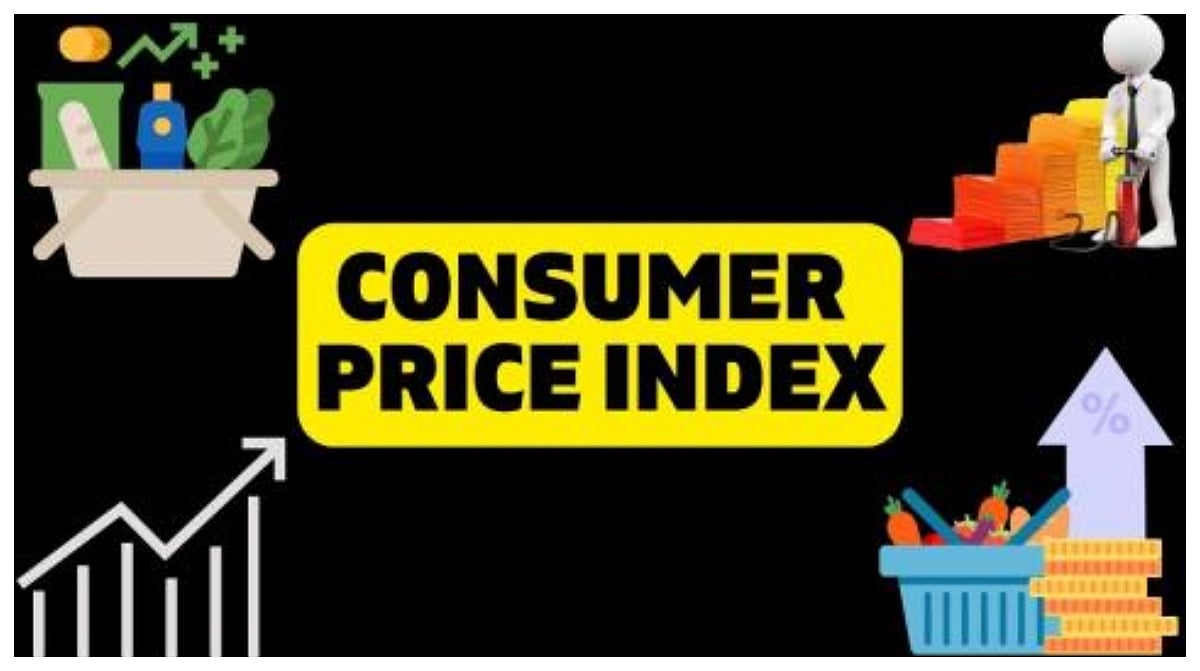Bellum omnium contra omnes, or “the war of all against all” was how the 17th-century English philosopher Thomas Hobbes imagined human existence in the fundamental state of nature.
For Hobbes, who witnessed much of bloodshed and strife during his lifetime, the only way society could get by somewhat ‘steadily’ and avoid the “continual fear and danger of violent death,” that is so fundamental to human nature, is through social contracts administered by a powerful sovereign — a “leviathan,” so to speak.
Hobbes’ leviathans were nearly absolute rulers who would govern over every aspect of their subjects’ lives while personally being exempt from the law, only in the fashion that would best keep their subjects from falling into a miserable existence and prevent civil and international conflict from escalating.
The obvious objection to this kind of a system is also one that the self-made philosopher left unanswered — How can we just assume that absolute power won’t corrupt the sovereign just as unfailingly as it does anyone else? What if our ruler, in all his sweeping authority, wakes up one fine morning and decides to just stop acting, or worse, act against the society’s best interests? Wouldn’t that be a nightmare?
Hobbes might well have said that vainglorious citizens make treacherous subjects, but it would take John Locke, writing nearly a generation later, to show why vainglorious leaders make terrifyingly incompetent rulers.
A Hobbesian nightmare is, therefore, a dystopia where insecure leaders, under the false promise of absolutism, exploit the social contract (constitutional democracy) to value “what is eminent” instead of what is genuinely in the nation’s interest. The term also perfectly sums up the idea of America under the presidency of Donald Trump, through the years 2016 to 2020 — until an extraordinary pandemic laid bare its faultlines, of course.
Diagnosing Trump’s psyche may have become a global pastime, but what often gets termed as his ‘pathological narcissism’ can be better characterised by a rather antiquated term — ‘vainglory’.
Writing during Britain’s bloody civil war in the mid-17th century, Hobbes had described just how a vainglorious person functions. His “exultation of the mind” comes from poor self-knowledge aggravated by the “the flattery of others”. He takes “pleasure in contemplating [his] own power” and surrounds himself with lackeys who only know how to praise him. But because sycophants aren’t always around, the vainglorious will feel perpetually ‘dishonoured’ and attempt to regain his glory by raging, bullying, or threatening those around him.
In the 17th century, the rulers did this by challenging their opponents to a duel. In the 21st century, they did so by attacking others on Twitter.
In monarchical Europe, the lackeys flattered their kings and queens to gain money, titles, and land. In Trump’s Americana, they used flattery to shape national and foreign policy.
One of Locke’s suggested measures to check the potential absolutism of a sovereign, history has it, was implemented by America’s Founding Fathers — strengthening the institutions that constrain executive power. It is then no surprise that these are the very institutions — the judiciary, the media, and the Congress — that Trump has consistently sought to thwart.
Donald Trump took the United States to a dangerous cliff, beyond which beckoned chaos and authoritarianism. On abandoning multiple treaties and agreements, from climate-change protections to the Trans-Pacific Partnership, Trump disregarded the support of many of his traditional allies. It was an era of isolationism, the end of America’s standing influence in the world, and alone stood its president mired by charges of corruption and offences on human rights and decency.
But this was not a surprise for the cynic, after all, who had always anticipated this day. The cynic saw all the vulgarity, ad hominem attacks, and the country’s imperceptible descent into the abyss for what it was — the abuse of authority by one vainglorious leader masquerading as the leviathan state. For the cynic, the difference between a Hobbesian nightmare and a well-functioning electocracy was always a tinsel charade. At the end of the day, a democracy neither survives nor dies on its own, it's the people in charge who end up doing it.
With the election of Biden, the charade seems to have been restored back in place. It did call for some instantaneous ecstasy across all quarters, not because ‘good politics’ won but because there was a prevailing sense of waking up from a nightmare. The celebration is honest and righteous for many Americans, particularly people of colour, who had been terrified by the country’s course under Trump, just as the lament is high among the white voters who used to be key to his success.
There is no reason to be smug, of course, as the cynic would say the nightmare lies just beyond the thin veneer. Spectatorial politics has often been interpreted as a game of ‘bread and circuses’. The world does not yet know how Joseph Robinette Biden Jr. will govern the United States of America, just as it didn’t know the Joe Biden who ran for president in 2020 was a radically different person from the Joe Biden who had entered the Senate in 1980.
But they can make a guess. When a sovereign is expected to respect the social contract, above all, it’s the people who uphold it. The very people, who fortify the pillars of democratic government to make sure a false promise of absolutism doesn’t drown it all out. The war of all against all is neither the end nor the means to an end. Freedom and liberation are, after all, an unending task.
(The views and opinions expressed in this piece are those of the author's own and do not necessarily reflect the official policy or position of The Free Press Journal)









